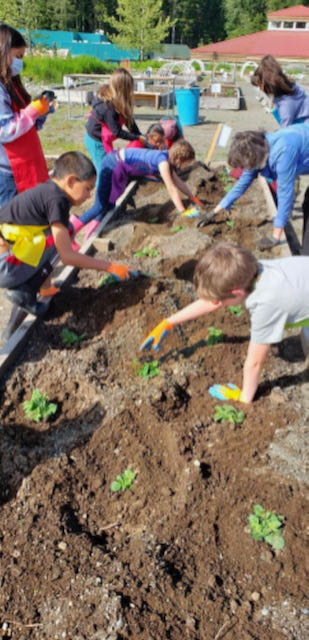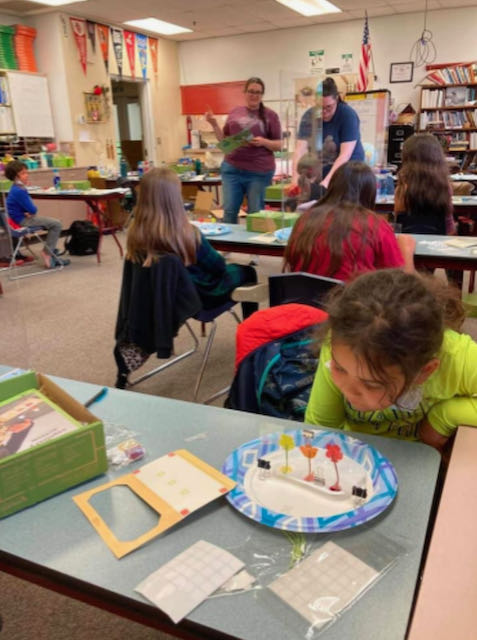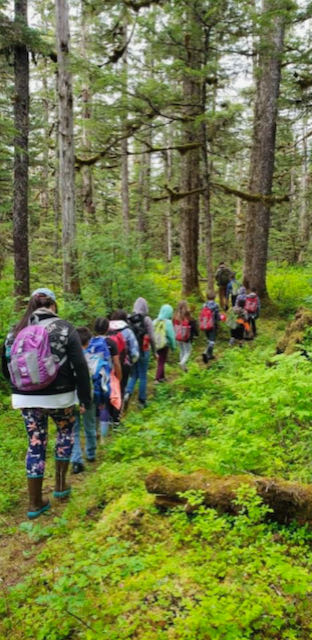Extending the Summer: Place Based Learning



In Yakutat, many teachers, parents, and students wondered what activities would be available this year. Fortunately, this summer had no shortage of learning opportunities.
Throughout the season, students had the opportunity to attend Culture Camp, Summer Explorers, Surf Camp, and get hands-on science practice with STEAM activities like stop motion animation and capillary action kits
Students’ minds were engaged the whole summer through hands-on and culturally grounded activities. Most importantly, students had plenty of time to enjoy the land and learn more about local knowledge and the beautiful place they live, Yakutat.
Even with the rain and mosquitoes, students in Yakutat’s Summer Explorers program could be heard chanting “Farther! Farther!”, and they were rewarded by seeing a boreal toad! Sarah Israelson, a lead organizer of this program, also shared that the students who went to Harlequin Lake had fun while learning about species succession on the trail that winds through the glacial rebound area.
Sarah’s collaboration with Elders, community members, school staff and others have helped her to compile a bank of resources, stories, and place that she shares with her students.
Elder knowledge for cultural history, place names, plant uses, and more. Students used Tlingit phrases while learning much about Tlinigt Aani.
While many summer programs can stand alone, as an elementary teacher, Sarah is intentional about how the summer programs fit into year round learning. The summer field trips create the themes that her class will explore when they return to school in the fall.
The community garden will still be a part of the classroom as students learn about growing and harvesting into the fall.
Tlingit language phrases learned over the summer are carried over from class into the fall. Students can ask daa sáyá (what is this?) while walking along the trails while learning about the tides, trees, or gathering kanat’a (blueberries), k’wálx̱ (fiddleheads), or other subsistence foods throughout the year.
